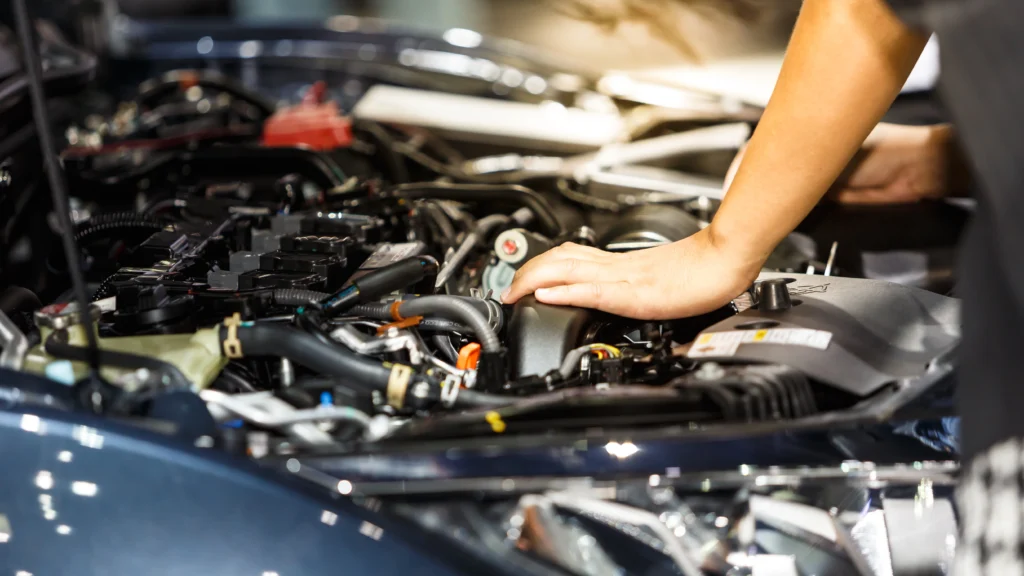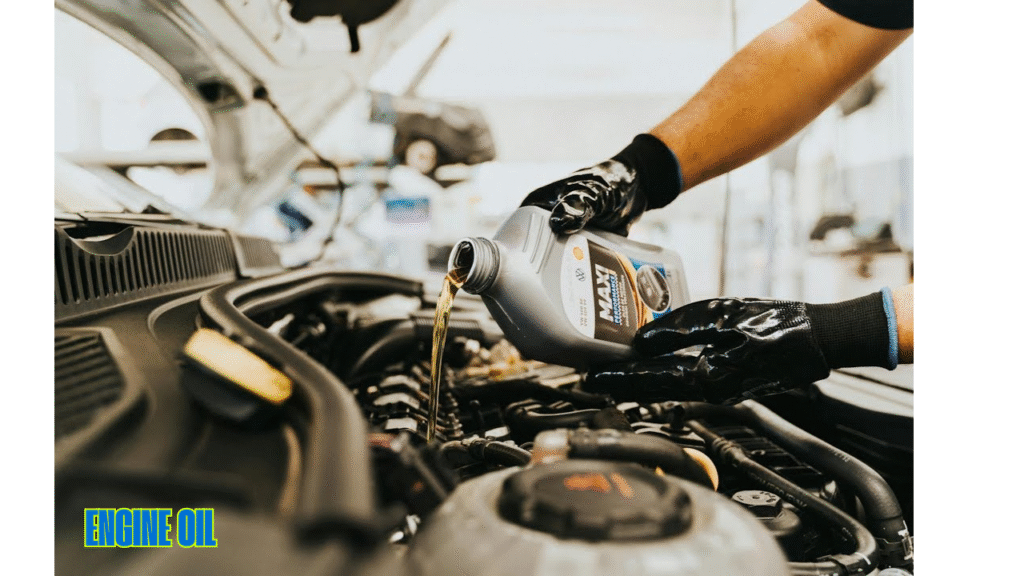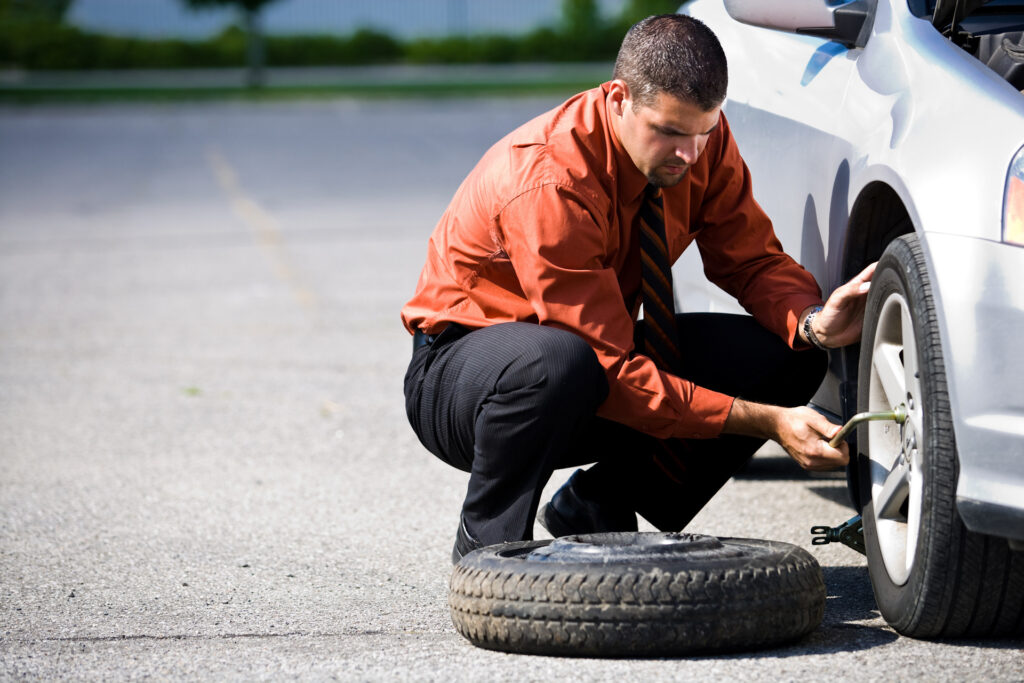
How to maintain your car is not just about keeping it running it’s about building a reliable relationship with your vehicle. Instead of waiting for warning lights to flicker on the dashboard, consider setting up a seasonal checklist that includes checking fluid levels, tire pressure, and brake functionality.
Why Car Maintenance is Important
Car maintenance protects us from everyday accidents
- Saves money: Maintaining your car regularly can save money
- Prevents breakdowns: A well-maintained car is much less likely to break down unexpectedly.
- Extends the life of your car: Regular maintenance helps your car run better and longer even for many years.
How to Maintain Your Car: Simple Steps for Long-Term Performance
checking your engine oil
Maintaining Your Tires
Check your engine oil

Regularly checking your engine oil is most important step in maintaining your car’s health and performance. Engine oil lubricates moving parts, reduces friction, and helps dissipate heat or ensuring that your engine runs smoothly. By routinely monitoring your oil levels and quality, you can catch potential issues before they escalate into costly repairs.
Many car owners overlook the importance of checking oil between routine services, but this simple habit can extend the lifespan of your vehicle. Think about what kind of oil you put in your car. Synthetic oil is a special kind of oil that protects the engine better and lasts longer than regular oil. This small investment in time and resources not only keeps your engine happy but also enhances fuel efficiency.
Why Engine Oil Is Important for Your Car
Engine oil is often play an important role in maintaining our car’s performance and longevity. Without sufficient lubrication, the engine’s moving parts would grind against one another, leading to increased friction, heat, and ultimately, mechanical failure.
Regularly changing the engine oil ensures that impurities and contaminants are filtered out, allowing the engine to operate smoothly and efficiently. This routine maintenance practice not only enhances fuel efficiency but also helps in reducing harmful emissions, making our cars more environmentally friendly.
Using the right type of engine oil tailored to our car’s specifications is essential for optimal performance. Different engines require different viscosity levels, which can significantly affect how well they function under various conditions.
What happens if engine oil is low
- If engine oil is low, your car can stop working.
- Low oil can make the engine too hot.
- Sometimes oil leaks and makes dark spots on the ground.
- Overheating can break the engine completely.
Can using the wrong oil damage my engine?
Using the wrong type of oil could lead to catastrophic damage over time. Different engines are designed with specific tolerances and requirements, and not all oils are created equal; using the wrong viscosity or formulation can compromise lubrication, leading to increased friction and wear.
Using an oil that doesn’t meet the manufacturer’s specifications can affect fuel efficiency and overall performance. Many modern engines are designed with intricate tolerances and require specific additives to maintain optimal function. When the wrong oil is introduced, it may lack these necessary additives, leading to sludge buildup or even corrosion.
Maintaining Your Tires
Tires are very important for your car. They help your car move safely on the road. If your tires are in good condition, your car will run better and smoother. But if the tires are not looked after, they can wear out or even burst. That can be dangerous. Regularly checking tire pressure, tread depth, and alignment has become an essential part of routine. A well-maintained set of tires not only ensures a smoother ride but also significantly enhances safety on the road.

How Can You Check Your Tire Pressure?
Checking your tire pressure is a simple task that can enhance your vehicle’s performance and safety. Before you check your tire pressure, make sure your car has not been driven for a few hours. When the tires are hot from driving, the air inside expands and can give you the wrong reading. It’s best to check them when the tires are cool.
3 Easy Tips for Maintaining Your Car
- Regularly check your engine oil.
- Check tire pressure and tread every week.
- If your wipers don’t clean well, replace them so you can see clearly in the rain.